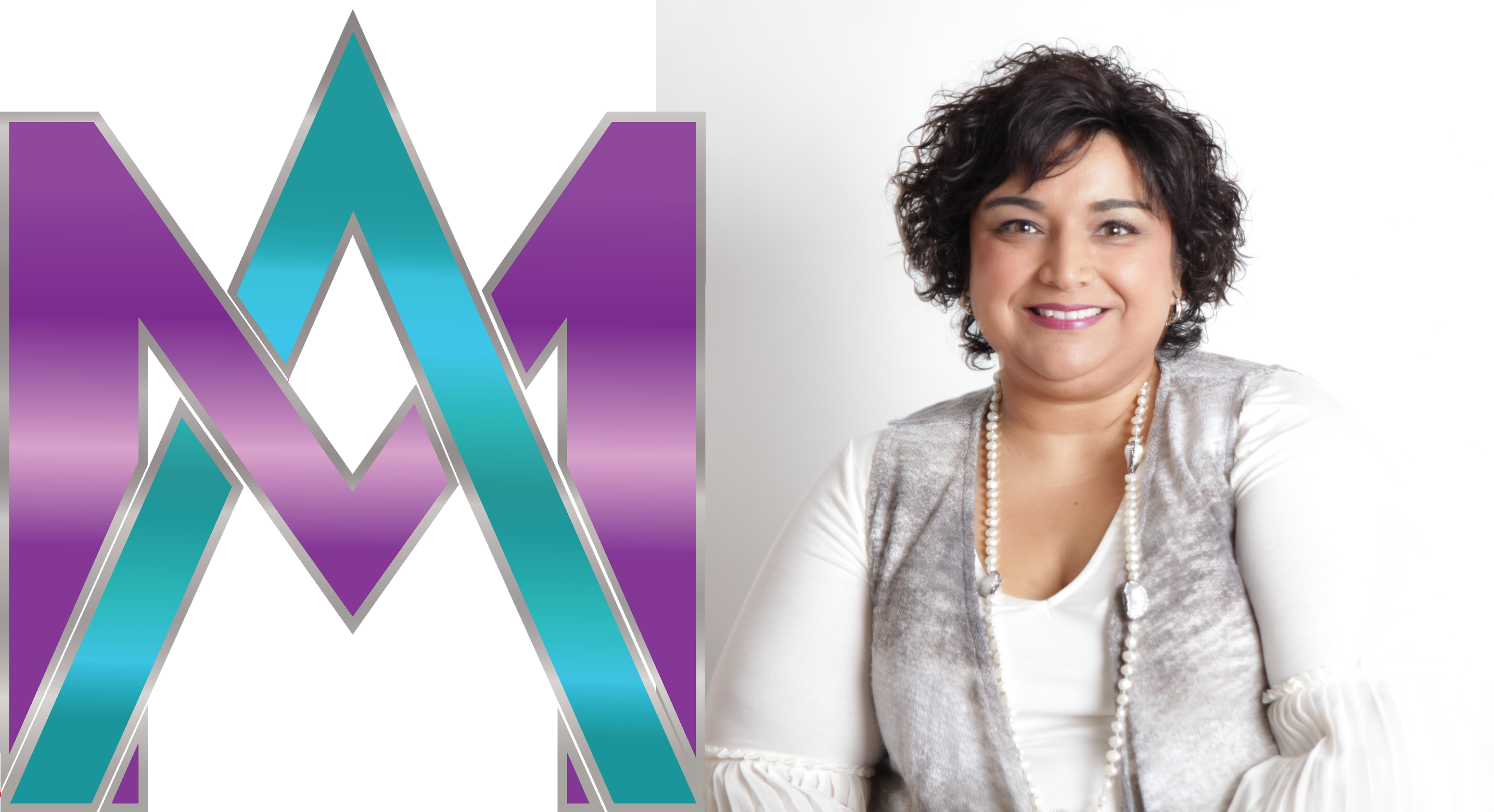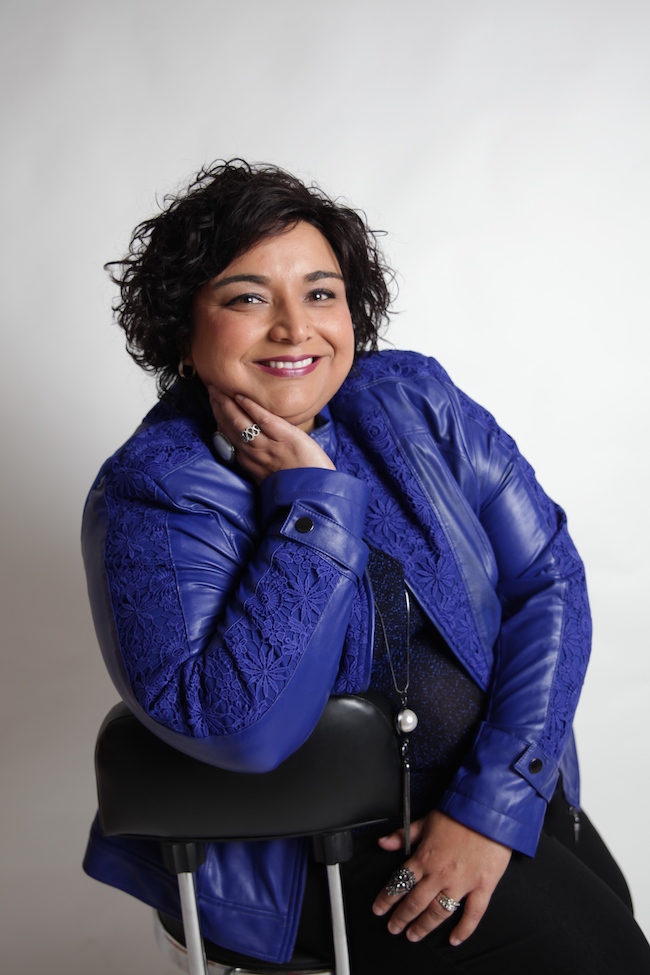Sajel Bellon and Mind Armour® are revolutionizing the concept of mental health.


What is so special about the Mind Armour® perspective on mental health?
The World Health Organization’s (WHO) commonly accepted definition of mental health is “a state of well-being in which the individual realizes his or her own abilities, can cope with the normal stresses of life, can work productively and fruitfully, and is able to make a contribution to his or her community.”
Mind Armour® recognizes and acknowledges that well-being or wellness isn’t the only human experience; we can create and adopt healthy and unhealthy ways of “coping” and living. We question, what are “ the normal stresses of life”? These can change dramatically in the blink of an eye. Many of us are able to function productively and still be in pain or severe distress, suffering in silence. Not all definitions of “community” are created equal. The Mind Armour® perspective is that the most accurate definitions are the ones that are inclusive and are aware of our interconnectivity as community members. We must rely upon and support one another. The key point here is that at one time or another we all require or can benefit from many kinds of relationships and support.
Aren’t the existing concepts carved in stone?
Traditional psychology is based on the deficit-focused mindset, fixing what is broken, being reactive instead of proactive. This is similar to the traditional medicine approach of treating illness instead of creating wellness. This approach focuses on research and treatments, not interventions. The physician’s job is to identify the problem and make it go away by treating symptoms. It is argued by many that this illness ideology isn’t the best or only approach. Mind Armour® knows for certain that this isn’t the best perspective regarding mental health.
The predominant illness-focused ideology in both physical and mental realms has influenced both funding and the very structure of our medical systems.
In the mental health realm, the illness ideology has also influenced language, which has directly impacted our quality of life and relationship with self. Clinical psychology has emphasized what is weak and deficient rather than what is strong and thriving.
Mind Armour®, in turn, uses more constructive terminology and language with reference to mental states and experiences, shifting our systems at home, work, and school to practice more adaptive and affirmative vocabulary.
It is imperative that society adopts or considers our ideology and strategies for creating healthier communities, families, workplaces, and individuals to keep up with the evolution in industry and technology. If we do not, we continue to create the polarization of illness and wellness; sick people and healthy people; functioning versus dysfunctioning—rather than acknowledging that we can and do experience both.
Additionally, attributing full accountability for our mental state to the intrinsic characteristics of the person, excluding the external influences of our wellbeing like environment, relationships, circumstances, and interactions, is too narrow a focus. This narrow focus leads to stigmatizing those who do seek help as victims, seeing them as weak and unable to be active participants in their own healing. This creates a system where only those who are broken seek support, which stigmatizes the person, process, and the professional.
Where we are today is a direct result of the systems we have created influenced by the ideologies we adopted. By implementing the Mind Armour® approach, we more accurately distributing accountability, working in concert with the reality that most people are living.
By understanding how we got here, we can make the necessary changes—modify and adapt our thinking and strategies—to optimize our evolution and outcomes. Every living thing is in constant evolution.


How will a language/perception shift change things for people in their everyday lives?
By changing our language to accurately reflect our experiences and intentions, we will initiate a shift in our understanding and execution. When we recognize and understand human beings, these experiences become vital parts of the human experience, as opposed to being deemed extreme experiences outside the spectrum of mental health. Even the simplest shifts in language or perception can lead us to move from pain to possibilities in our everyday lives, collectively through shared, connected understanding.
When do we start? How do we start?
So the quick answer to the question is we must start now. Mental health is a continuous process. There is no “one and done” here. Life is always changing, and we are always experiencing, being impacted by, and often reacting to those changes. By investing time and energy in yourself before you are in crisis, you can empower yourself to navigate those changes more effectively and confidently.
Explore the Mind Armour® website to gain an understanding about the Mind Armour perspective and how you can engage today.
Check out the Mind Armour® resources page for ideas you can implement right away.
Go to SOS Psychotherapy if you are seeking support from a qualified professional.
Start to have engaging conversations within the Mind Armour® community.

Why Choose Mind Armour®?

Traditionally our mental well-being has been left up to us, with professionals only becoming involved when fixing or curing ailments or crisis.

Mind Armour® offers many ways for you to engage and work towards the next version of yourself. Start with joining our community and be part of the conversation, where you can ask questions, share experiences and encouraging words.

The Mind Armour® perspective is an integrated system that supports you no matter where you are in life, no matter where you are in your journey.
What people are saying

Sam Galati
Registered Social Service Worker | Podcast Host
